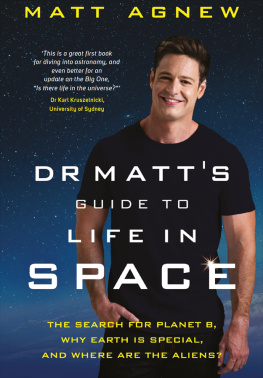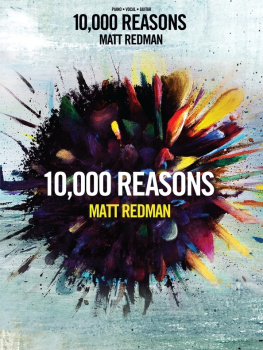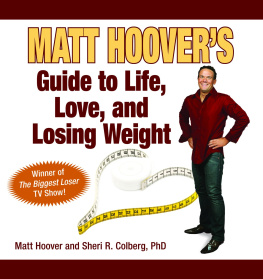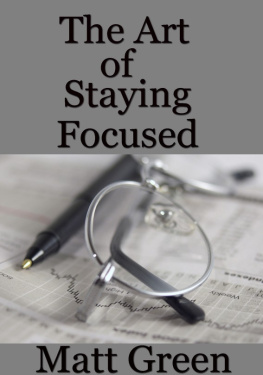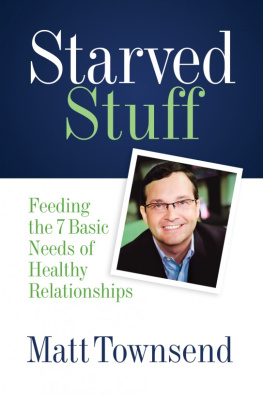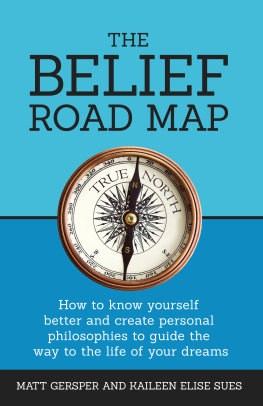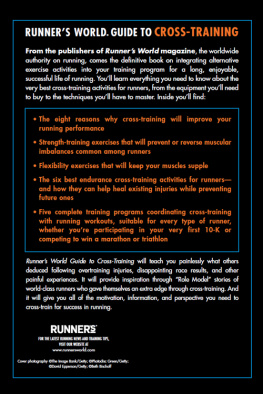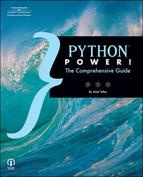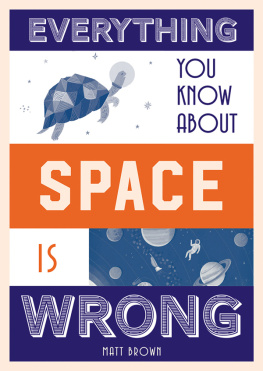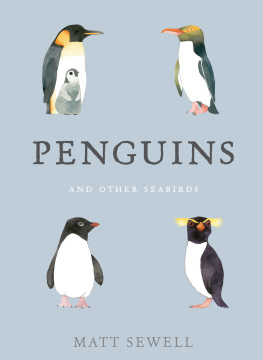Matt Agnew - Dr Matt’s Guide to Life in Space
Here you can read online Matt Agnew - Dr Matt’s Guide to Life in Space full text of the book (entire story) in english for free. Download pdf and epub, get meaning, cover and reviews about this ebook. year: 2022, publisher: Matt Agnew, genre: Children. Description of the work, (preface) as well as reviews are available. Best literature library LitArk.com created for fans of good reading and offers a wide selection of genres:
Romance novel
Science fiction
Adventure
Detective
Science
History
Home and family
Prose
Art
Politics
Computer
Non-fiction
Religion
Business
Children
Humor
Choose a favorite category and find really read worthwhile books. Enjoy immersion in the world of imagination, feel the emotions of the characters or learn something new for yourself, make an fascinating discovery.
- Book:Dr Matt’s Guide to Life in Space
- Author:
- Publisher:Matt Agnew
- Genre:
- Year:2022
- Rating:4 / 5
- Favourites:Add to favourites
- Your mark:
- 80
- 1
- 2
- 3
- 4
- 5
Dr Matt’s Guide to Life in Space: summary, description and annotation
We offer to read an annotation, description, summary or preface (depends on what the author of the book "Dr Matt’s Guide to Life in Space" wrote himself). If you haven't found the necessary information about the book — write in the comments, we will try to find it.
Dr Matt’s Guide to Life in Space — read online for free the complete book (whole text) full work
Below is the text of the book, divided by pages. System saving the place of the last page read, allows you to conveniently read the book "Dr Matt’s Guide to Life in Space" online for free, without having to search again every time where you left off. Put a bookmark, and you can go to the page where you finished reading at any time.
Font size:
Interval:
Bookmark:

This is a book for the curious mind... it contains the breadth and detail to
answer the questions of even the most inquisitive of readers.
Professor Brian P. Schmidt, winner of the 2011 Nobel Prize in Physics
A must-read... filled with delightful analogies that make learning about
space digestible and fun for everyone.
Kirsten Banks, Astrophysicist & Science Communicator
WITH A PHD IN ASTROPHYSICS, DR MATT IS A SELF
PROCLAIMED SPACE NERD AND IS PASSIONATE ABOUT
COMMUNICATING SCIENCE IN AN INTERESTING
AND ACCESSIBLE WAY.
Dr Matt explores the qualities that make planet Earth special before moving
ahead to traverse what were beginning to know about other special places for
life in the solar system. And what about beyond, in other star systems? How do
we even begin to look that far away?
Having investigated what we do know and what were on the brink of
knowing, Dr Matts imagination runs wild as he addresses what we dont know.
Where are the aliens? How common are they? Have we spotted any?
And if not, why not?
A fascinating journey to unravel the secrets of life.
Professor Lisa Harvey-Smith, Australian Government
Women in STEM Ambassador
Dr Matt has a rare gift in making the cosmically complex not just
understandable but fun.
Professor Alan Duffy, Director of the Space Technology and
Industry Institute, Swinburne




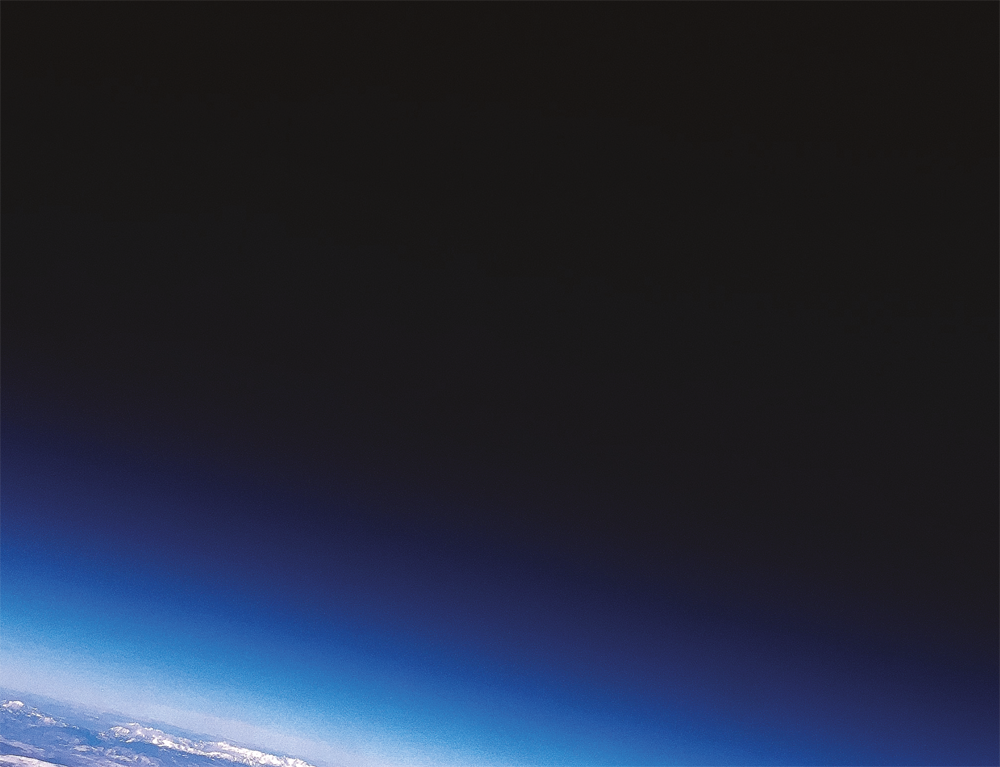
HOW DID
WE GET
HERE ?
We sure didnt muck around with jumping straight into the big questions, did we? How did we get here? Not only is it not a gentle question to ease us into things, but its also one that, well, doesnt have an answer. But its the perfect way for us to contextualise what it is we want to achieve here with this book. What is it that we want to know? Why did you pick up this book in the first place?
As always, lets start with the first things first. The Big Bang is our best explanation for how the Universe began, and how everything was created. This includes the most fundamental of all the elements: hydrogen. You probably dont stop and think about hydrogen very often, but there is something astonishing, breathtaking, mind-boggling and mind-blowing about hydrogen, and its this: given enough time, hydrogen eventually starts to ask: How did we get here?
Thats right. In some way, you exist because of that hydrogen made in the early stages of the Universe. In the last 13.8 billion years, hydrogen has had a pretty wild journey. It has collided and fused into other elements in the core of stars, and it has been violently expelled in the explosions of dying stars. Forming and re-forming, fusing and exploding, and reacting and interacting with other elements. Hydrogen forms stars, heavier elements, planets, bodies of water, simple life forms, complex life forms, language, art, science, philosophy and, eventually, begins to ponder to itself: How did we get here?
As Carl Sagan famously said, We are a way for the cosmos to know itself. That is the context to all this. The cosmos is able to learn about itself through us, and an understanding of us inadvertently means we require an understanding of our origins. Where welifeall began, and why.
Answering these questions is a lofty, if not insurmountable, goal for a book. People have spent years, decades, even their whole lives searching for the answers. In fact, this search is probably not constrained to the length of a single life, but to our whole collective lives as humans. As long as humans have had the cognitive abilities to think and imagine beyond our immediate needs, we have sought to understand why and how we got here. So, while we wont be diving into such profoundly existential questions of our origins entirely within these pages, this book will, however, tantalise your scientific tastebuds, stoke the flame of inquisitiveness and ignite your curiosity. Science continues to move forward and progress because of the collective efforts of many. It is ourmy and yourdesire to learn that keeps us all asking questions and seeking to understand the world around us. This book covers many topics; I hope it answers some questions you have (and some you might not know you have) and prompts you to ask some new ones.
Well navigate this book in three parts. And begin with what we know in Part 1: What makes the Earth special? Well discuss how the Earth came to be, why Earth is such a special place for life, and the different aspects of lifehow it got started and evolved to what we see today.
Well then jump to what were beginning to know in Part 2: Where else is special? Beyond Earth, are there other places for life in the Solar System? What about beyond that, in other star systems? How do we even begin to look and explore that far away?
In Part 3, we can really let the imagination run wild. Well look at what we dont know: Where are the aliens? How common are they? Have we spotted any? If not, why not? Its safe to say, weve got a lot of ground to cover. So sit back, relax and enjoy the ride. Its going to be a blast. So, lets get into it.
fun
bubble!
Welcome to the Fun Bubble! Youll see these bubbles of fun popping up from time to time. Throughout this book, well sometimes touch on subjects that have a really cool fact or just warrant a bit of a tangent to discuss them further. While these are all super-interesting in their own right, I want to make this a relaxing scientific journey that doesnt jump around too much. As such, you can read these tasty morsels of knowledge at your leisure.

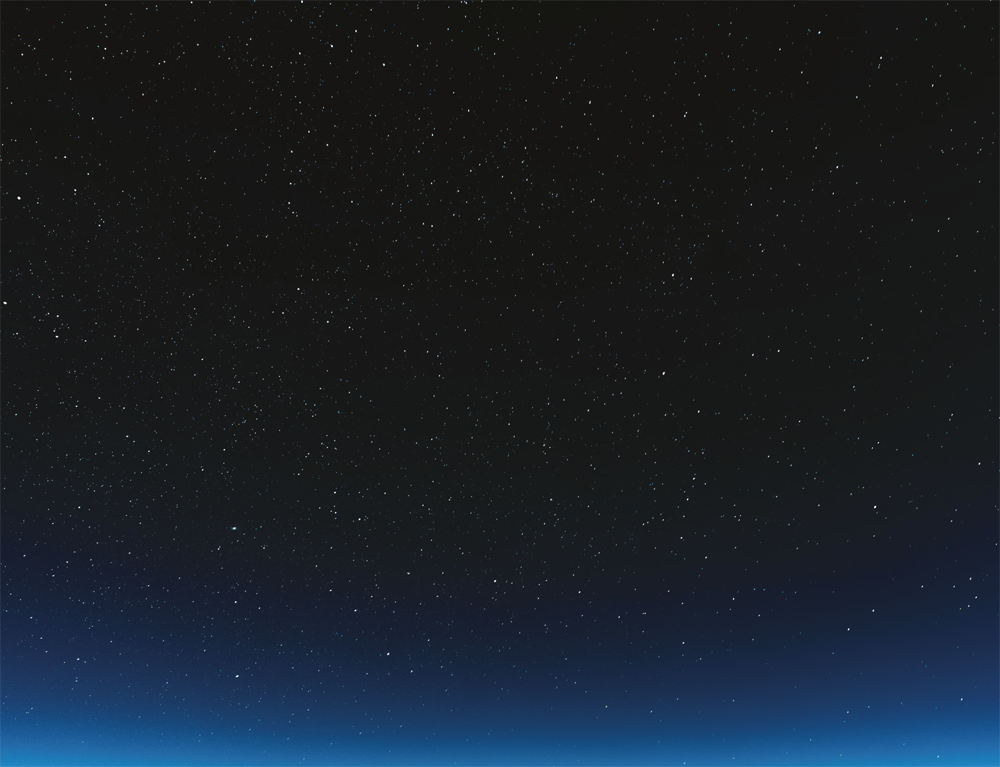
PART ONE
WHAT MAKES
EARTH SPECIAL?
The Earth is a pretty special place. But just how special is it? To help answer that, lets take a step back, and say that the Universe is a pretty special place. To understand just how special the Universe is, lets put things into context a little. As we noted earlier, the Big Bang is our best explanation for how the Universe began, and how everything was created, including and especially hydrogen (the building block of all other elements). As we highlighted, just as important as the creation of hydrogen is the multi-billion-year journey it proceeds along, which ultimately leads it to end up in such an exotic arrangement of matter that is you and me. The calcium in our bones, the iron in our blood, the carbon that makes up our organic material, the water that courses through our body, these complex elements all have, to varying degrees, the same parent element: hydrogen. And so while somewhat amusing to say, given enough time, hydrogen eventually starts to ponder its existence it is in essence true. Without hydrogen we wouldnt exist, the Earth wouldnt exist, and we wouldnt exist in the way we do today capable of asking, hypothesising and understanding the world around us.
Font size:
Interval:
Bookmark:
Similar books «Dr Matt’s Guide to Life in Space»
Look at similar books to Dr Matt’s Guide to Life in Space. We have selected literature similar in name and meaning in the hope of providing readers with more options to find new, interesting, not yet read works.
Discussion, reviews of the book Dr Matt’s Guide to Life in Space and just readers' own opinions. Leave your comments, write what you think about the work, its meaning or the main characters. Specify what exactly you liked and what you didn't like, and why you think so.

